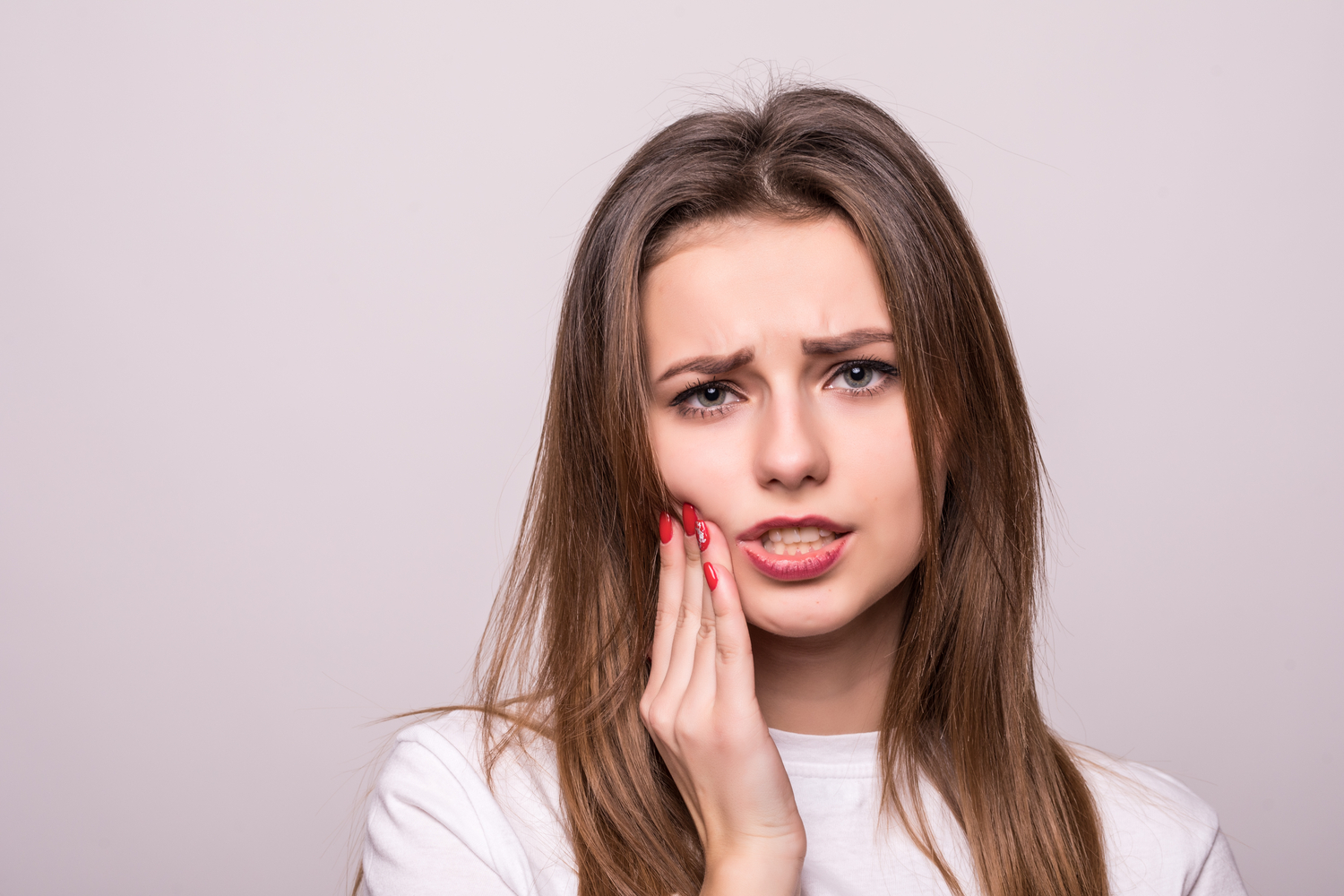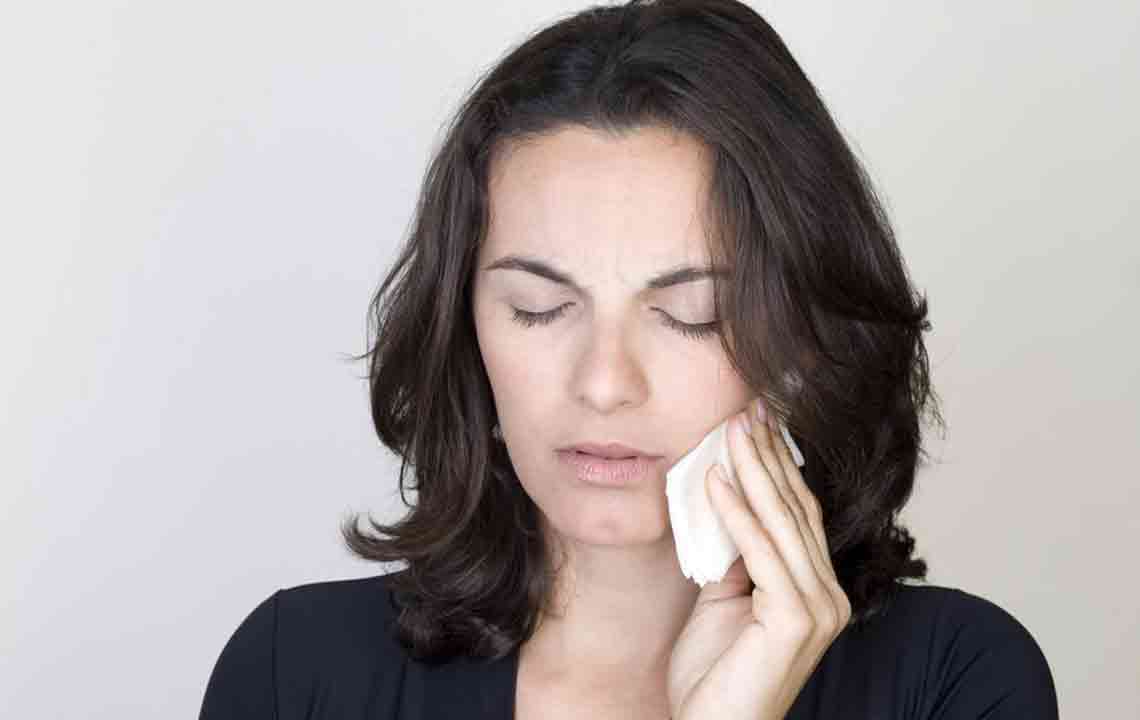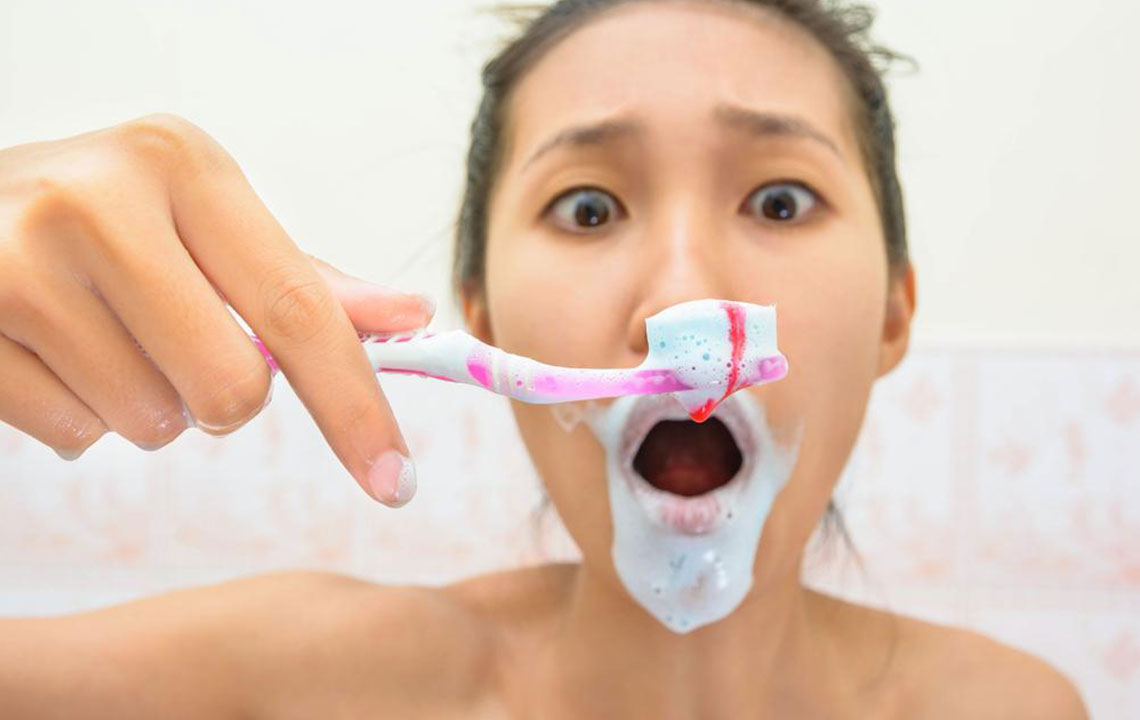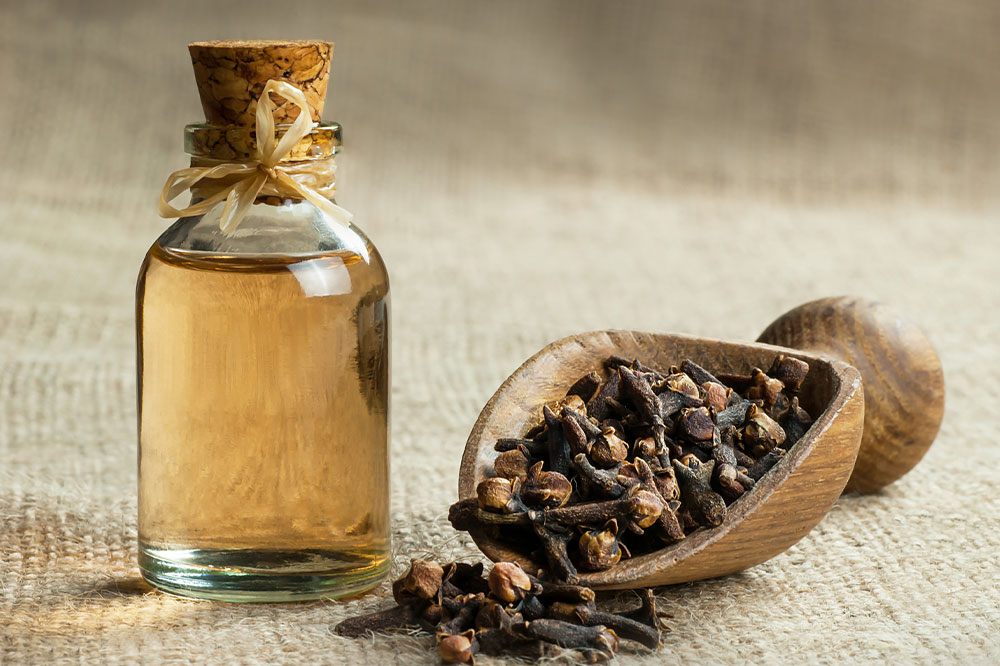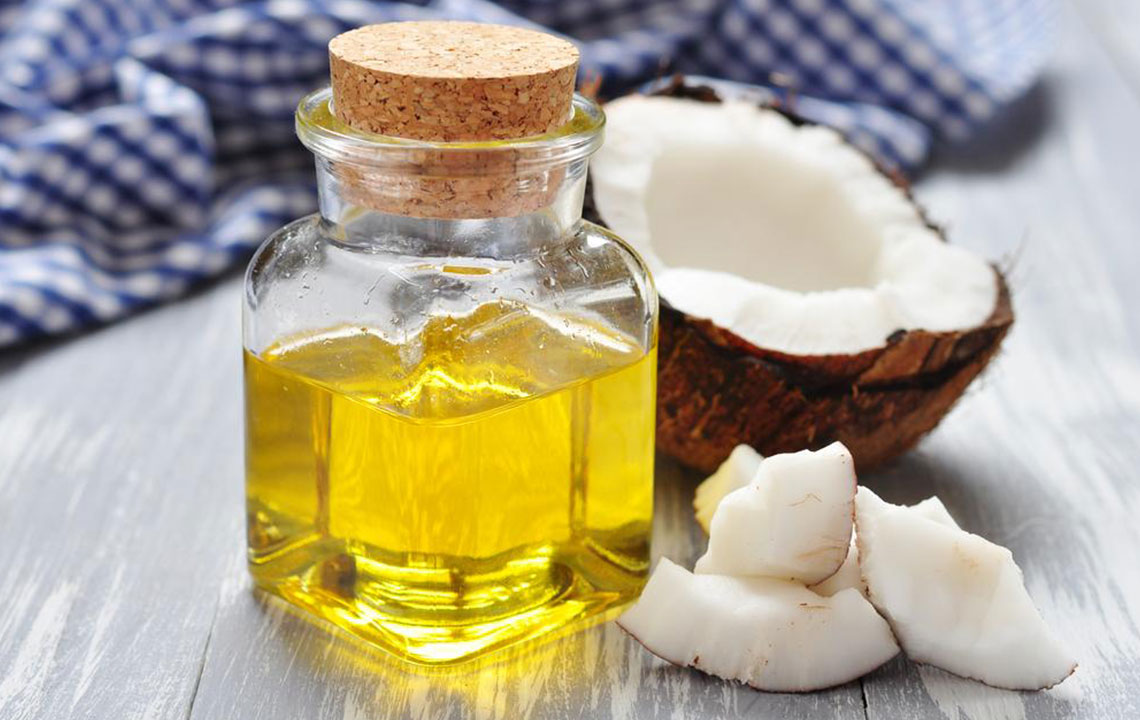Try These Abscess Tooth Home Remedies For Dental Relief
Inside your tooth, right at the center, there is a soft tissue called the pulp. It helps in the formation of the calcified tissue called dentin. Dentin forms the body of your teeth, and is covered by white enamel on the top.
An abscess is a condition where pus from an infection gets deposited in or around the root of the tooth. Infection in the pulp, dentin or the gum can also result in forming an abscess.
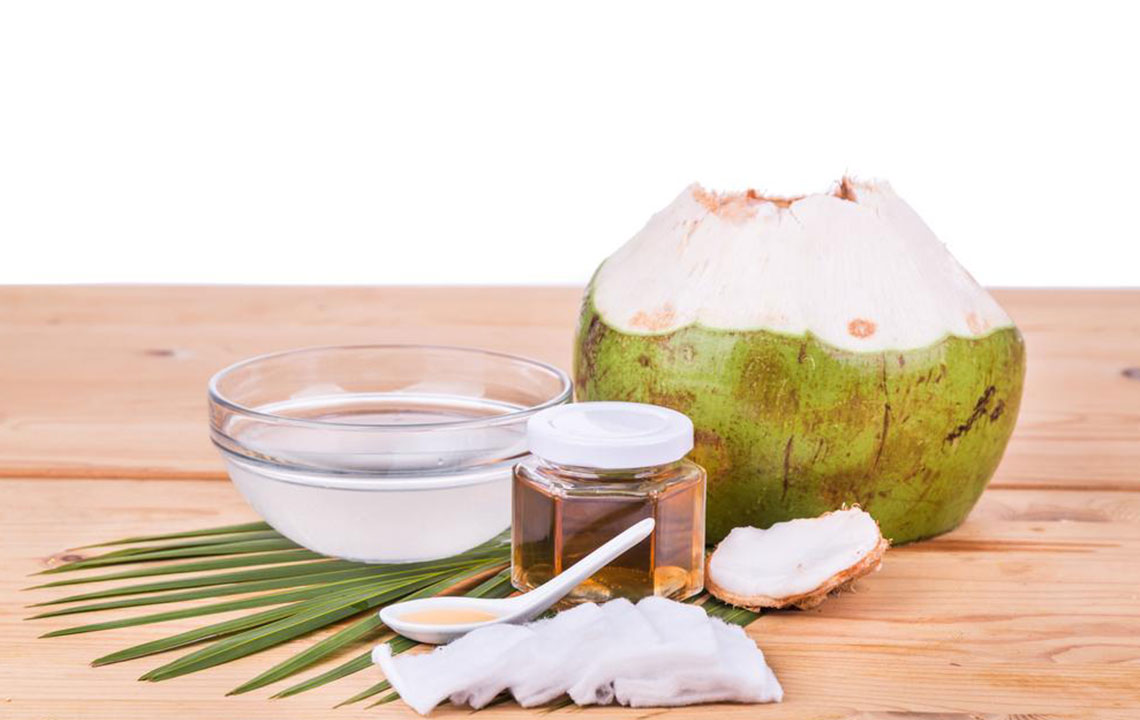
If not removed, the plaque may cause a cavity in the teeth and result in the bacteria entering the tooth canal and causing infection. Sometimes, it may end up infecting the gums. These infections, if untreated, lead to an abscess.
How To Identify Dental Abscess?
If you are suffering from any of the following symptoms, you might need to see an endodontist.
- Severe pain in the affected tooth when chewing or even closing the mouth tightly.
- A bad taste in the mouth, and bad breath.
- Difficulty in completely opening the mouth.
- Fever.
- Sensitivity to hot and cold food or drinks.
- Swollen gums and (sometimes) face.
- Swollen lymph nodes.
- Pain may get worse when you lie down.
- Discharge of foul smelling fluid into the mouth (when the abscess breaks).
Here is a list of some popular abscess tooth home remedies:
Most home remedies are either used to ease pain or fight infection at the initial stages. If the condition is prolonged or severe, it is highly recommended that you see the dentist; your tooth may need surgery.
Clove oil: You can massage some clove oil onto the gums. It helps fight the infection and soothes the pain.
Peppermint oil: This helps relieve the pain almost instantly when rubbed on the teeth and gums.
Salt: Rinse your mouth with lukewarm water and a pinch of salt. It may sting initially, but after a few washes, it reduces the pain significantly.
Oregano Oil: Oil oregano has been found to possess antimicrobial properties. It also has a numbing effect when applied to the teeth, thus reducing pain. Take some of the oil on your fingers and rub it lightly on the affected area.
Apple cider vinegar: Soak a cotton ball in acid cider vinegar (ACV) and apply it to the affected tooth. This helps ease the pain to a great extent.
Antibiotics: These are the most effective medication available. Antibiotics kill the bacteria, thereby ending the cause of the condition. Clindamycin, amoxicillin, erythromycin, and penicillin are commonly prescribed for tooth abscess. Except for penicillin, they are all available over the counter.
Garlic: This spice works like magic on the infected area, killing the bacteria. Crush a clove of garlic, and squeeze the juice out to apply to the affected tooth. You may also choose to bite down on a piece, at the corner of your mouth for some time.
For your teeth, like everything else, prevention is better than cure. In many cases, abscess is caused due to a plaque that hasn’t been scraped off for too long. Taking care of your oral health ensures that cavities are prevented, and plaque is removed.
Hygiene Check
Brush your teeth twice a day: Brush away all the food particles from your teeth after major meals. Use proper brushing and flossing techniques to avoid your gums and teeth getting hurt due to too much force or wrong angles.
Eat a balanced diet: Too much sugar or starch in meals often results in tooth decay. Stick to a balanced combination of all types of food to ensure a healthy body and healthy teeth.
Reduce the frequency of snacks between meals: Most of us never brush our teeth after snacking. This causes the food debris to stay between the teeth, causing damage in the long run. Avoiding snacks is a good idea in principle.
Avoid chewing gum: Chewing gum for too long causes the sweet juice to stay in contact with the teeth; this results in plaque formation and subsequent tooth decay.
Rinse your mouth after every meal: Use mouthwash with anti-microbial properties to rinse after meals. This ensures that tiny food particles are flushed out from the teeth, and minimizes the chances of cavity or tooth decay.
Avoid chewing tobacco and smoking: Tobacco can speed up the formation of plaque, and make infections more severe. It also stains and erodes the teeth. In extreme cases, tobacco can even cause cancer, a condition worse than the abscess.
